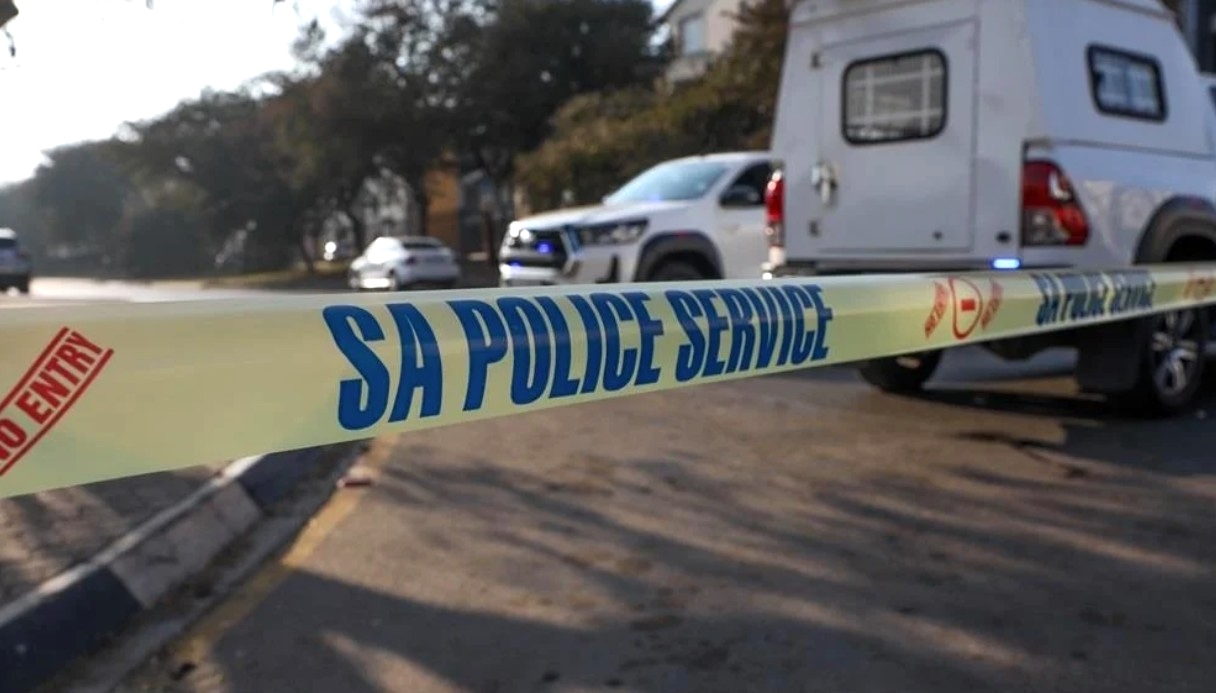
KwaZulu-Natal Provincial Commissioner Lieutenant-General Nhlanhla Mkhwanazi has alleged that South Africa’s suspended police minister, Senzo Mchunu, tried to shut down the Political Killings Task Team for improper reasons. He claimed the minister sought to disrupt investigations into the links between organised crime groups, senior politicians, police and other criminal justice officials.
A judicial commission headed by Justice Mbuyiseli Madlanga and a Parliamentary ad hoc committee are investigating the allegations.
Behind the intense political and legal drama unfolding at these inquiries lie other important questions. One concerns the place of specialised units and task teams in the South African Police Service’s (SAPS) crime investigations. The Political Killings Task Team is one of many in the SAPS Detective Services division.
According to the Task Team and SAPS Crime Intelligence division head, Lieutenant-General Dumisani Khumalo, the team had finalised 191 of 333 “political cases” since it was established in 2018. Of these, 56 (29%) resulted in guilty verdicts. Altogether, it had secured 106 convictions, a 35% conviction rate for the 296 cases it had finalised. Khumalo said the task team had contributed to substantially reducing political killings in KwaZulu-Natal.

While various witnesses before the two inquiries have praised the task team for its effectiveness, allegations of abuse and excessive expenditure have been made against it. The dispute surrounding the task team highlights broader questions about the place of such teams and specialised investigation units.
The reasons for establishing a dedicated unit or task team could be the importance of the crime problem and the need for specialised skills to investigate it. Probes into politically motivated (and whistleblower) killings are certainly worth prioritising. Failure to protect democratic political activity and the opponents of corruption would enable the capture of state organs by corrupt criminal interests.
But South Africa has multiple crime types that call for prioritisation, including, among others, gender-based violence, murder, armed robbery, corruption, online fraud and cybercrime.
In testimony before the ad hoc committee on 16 October 2025, Mchunu sought to refute allegations that he had ordered the closure of the task team for improper reasons. He said he was merely implementing a decision — approved by police leadership in June 2019 — for political killings to be investigated by specialised murder and robbery units.
It was not appropriate to privilege the safety of politicians when all people were under threat from crime, he said.
“You need to make the people of South Africa feel safe, not a certain grouping of people called public representatives or councillors.”
In the SAPS, task teams are distinct from specialised units. Units are regarded as permanent structures that respond to persistent problems, whereas task teams aim to “stabilise” temporary hotspots or crime types. Units are permanently resourced while task teams are funded by short-term financial allocations.
In 2024, there were 16 specialised units in the SAPS detective division. In recent years, task teams have been set up to investigate kidnapping, economic infrastructure crimes, illegal mining and extortion. SAPS press statements and media reports suggest there are at least seven local task teams to address the group of three aggravated robberies: residential robbery, car hijacking and business robbery.
SAPS warning
During the 2024 election campaign, political parties called for the establishment or strengthening of units or task teams focusing on various crime types. But the SAPS has repeatedly warned about the impact of doing so.
In a 2024 presentation on the detective service, the police raised concerns about the sustainability of the “persistent drive to establish specialised units”. A March 2024 SAPS work study, highlighted in Mchunu’s affidavit, expressed concern about the failure to consider “the gap left” at police stations when task teams are set up. It also highlighted overlapping mandates among different task teams and units.
While many specialised units and task teams have been created, the SAPS’ detective function more broadly has been neglected. SAPS employs only 18,000 detectives, although current recruitment is intended to add over 4,000 more.
Alongside these “general” detectives are the Directorate for Priority Crime Investigation (DPCI, or Hawks), an autonomous entity within SAPS. Its core mandate is to investigate serious corruption, organised and commercial crime. It, too, is understaffed and needs about double its personnel.
The current SAPS “detection rate” — the percentage of cases in which suspects are arrested and charged — is a meagre 11% for murder. The conviction rate is even lower. Many detectives are overwhelmed by their caseloads, with some carrying 200 dockets or more. Countless serious crimes do not receive focused investigative attention, meaning the criminal justice system has little chance of serving as a convincing deterrent.
It is reassuring that the government, through its partnership with business, is now giving focused attention to strengthening the overall detective service. The initiative, which started in 2023, involves boosting South Africa’s response to challenges in the fields of energy, transport and logistics, crime and corruption. Before this, there had been no sustained investment in strengthening the detective service.
Testimony at the Madlanga Commission about alleged links between organised crime bosses and senior personnel in the DPCI and SAPS specialised units is very worrying.
Task teams focused on specific crimes are at best a stop-gap measure. More comprehensive measures are needed to establish a police and justice system trusted for its integrity and respected for reducing the overall levels of murder, rape and other serious crimes. DM
David Bruce is an Independent Researcher and Institute for Security Studies (ISS) Consultant.
Research for this article was funded by the Hanns Seidel Foundation.
First published by ISS Today.




 Police at a crime scene where a woman was shot dead on a Metrobus on 26 June 2024 in Fleurhof, Roodepoort, South Africa. (Photo: Gallo Images / Sharon Seretlo)
Police at a crime scene where a woman was shot dead on a Metrobus on 26 June 2024 in Fleurhof, Roodepoort, South Africa. (Photo: Gallo Images / Sharon Seretlo)